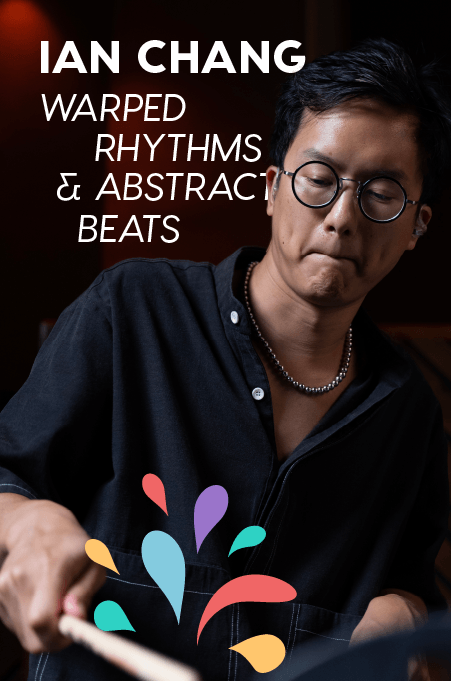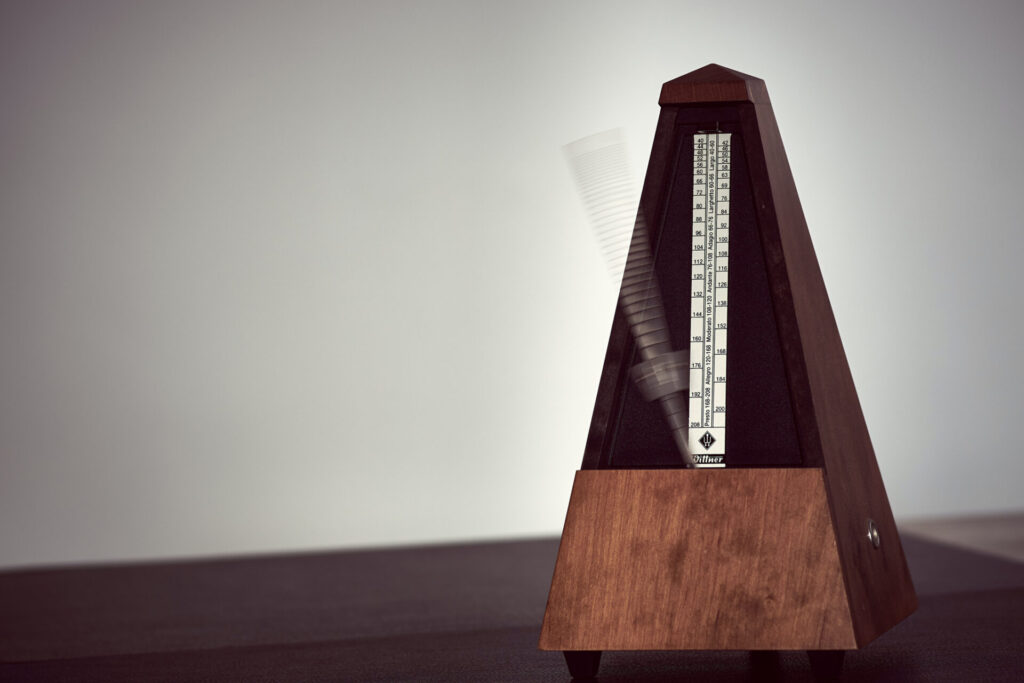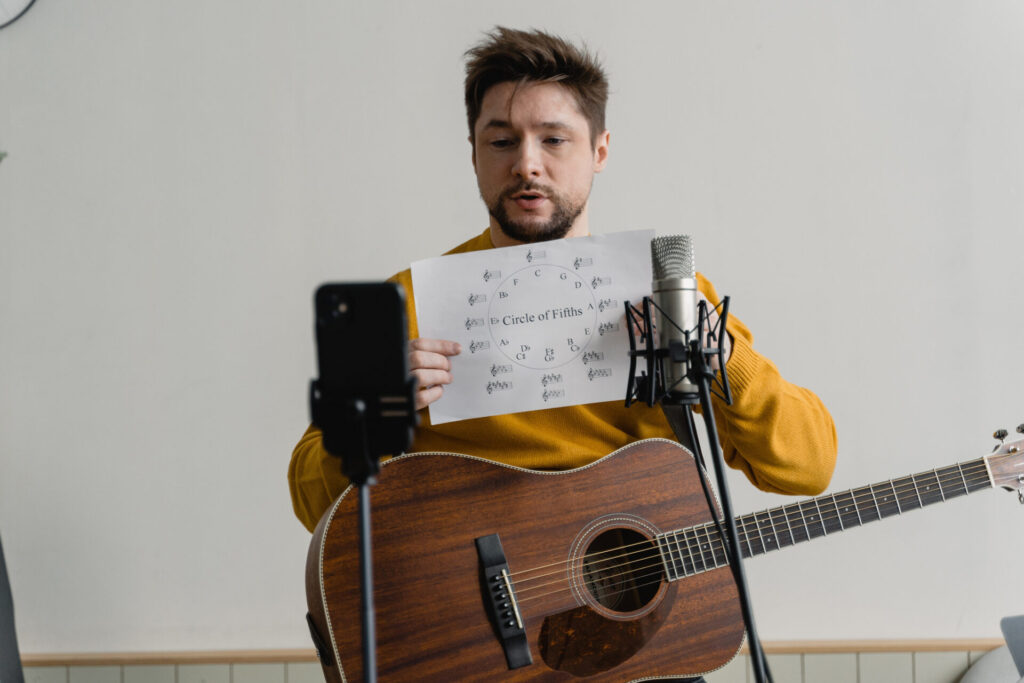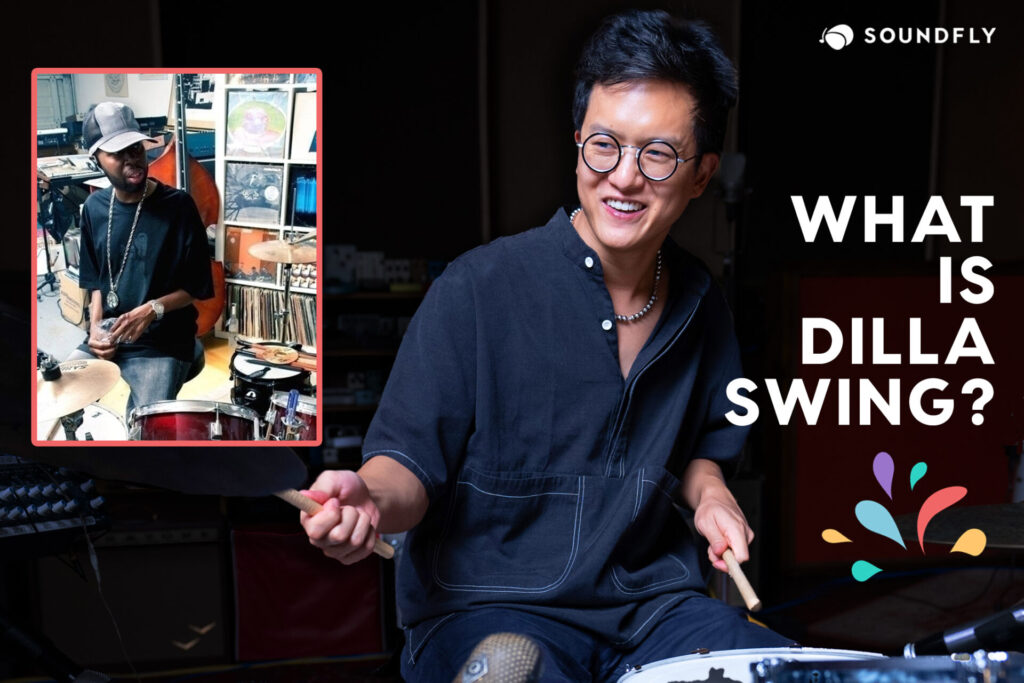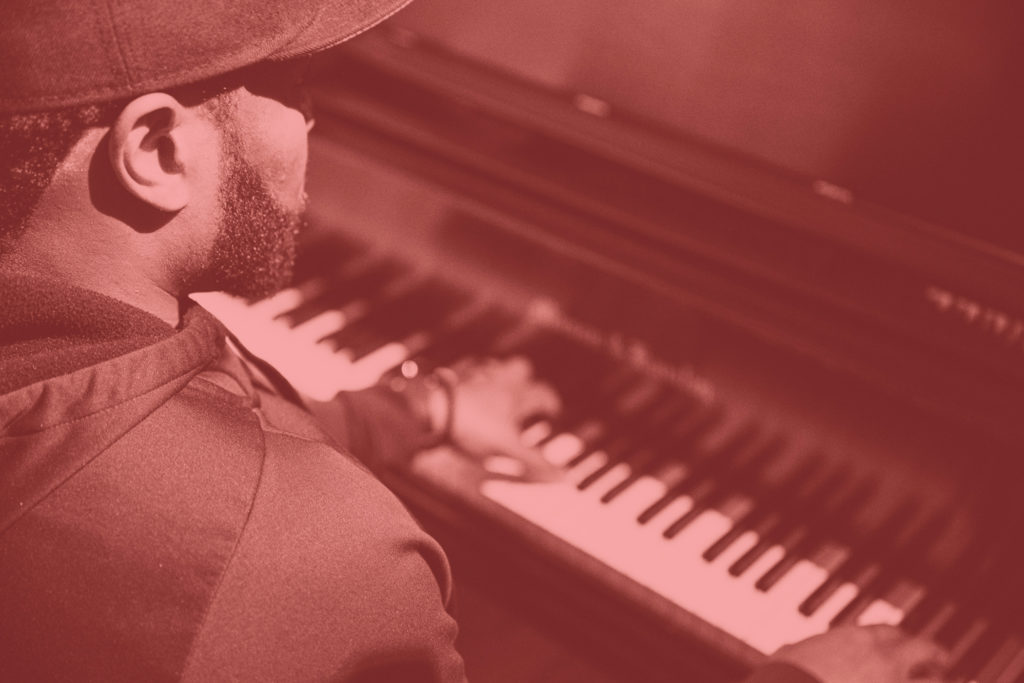
+ Ryan Lott (of Son Lux) teaches how to build custom virtual instruments for sound design and scoring in Soundfly’s new course, Designing Sample-Based Instruments.
Wouldn’t it be great to have a mind that’s always brimming with musical ideas? And not just any ideas, but great ones that inspire you? Of course, that would be ideal – it would save a lot of time and energy.
However, the mind isn’t often as compliant as we’d like it to be, especially when writing songs. Every musician can feel “stuck” from time to time — experiencing a lack of motivation or inspiration. Or there might even just be times where you feel somewhat jaded with your creative efforts.
In this article, I’ll be sharing some tips to help you to find inspiration in order to get those creative juices flowing again. I’ve personally found all of these different ways very effective in helping me to feel refreshed and inspired to create new pieces of music. Read on to discover some different ways to help find musical inspiration that will lead you to feel more creative and effortlessly develop new ideas.
First things first: It’s crucial to remember to not force the creative process. In a forced creative mindset there is undeniably going to be resistance, and it won’t feel natural. So if you’re stressing; try to relax and stop applying unnecessary pressure! The ideas will come.
1. Visit Somewhere Entirely New
You don’t need to book an expensive vacation to find creative inspiration. You can go anywhere new, just somewhere that can provide some sort of contrast to your repetitive daily experiences.
When we get stuck in a rut, everything can feel all too repetitive and we don’t encounter anything new or unusual. However, spending time in an entirely new location can help you to experience life from a different perspective!
No, visiting somewhere new certainly won’t miraculously turn you into Mozart. However, a change of scenery can definitely break old, bad habits and provide fresh and enjoyable experiences. Research even suggests that travel increases your levels of creativity and helps your mind to produce more positive thoughts, leading you to a happier and more inspired version of yourself.
If you have the opportunity to do so, I would definitely recommend traveling somewhere, even just nearby for a few days. Soak in everything; whether it’s the sights, sounds, architecture, nature, weather, as well as social interactions.
+ Read more on Flypaper: “Finding the Sweet Spot That Makes Learning Addictive.”
2. Absorb Art in Other Ways Besides Music
There are so many masterpieces to enjoy that exist outside of music. I find that getting lost in an epic fantasy book provides me with new levels of creativity. The descriptive, powerful storytelling and exciting events have an emotional impact on me in a similar way that music does.
I explained in a recent article that drawing influence from cinematic visuals also helps me to paint a picture of the music I’m trying to create and kickstarts my musical creativity. Stories are powerful, and they can definitely conjure intense emotions and reactions – both positive and somber.
If you’re lucky enough to live in or near a city with museums and art galleries then you should definitely take the time to visit them. You’ll be able to feed your imagination by discovering entirely new pieces, artifacts, and even ways of life exhibited through what you can see.
Seeing how others translate their own ideas, cultures, and experiences can hopefully put you in a new mindset; leading you on the path to trying something new.
“Seeing how others translate their own ideas, cultures, and experiences can hopefully put you in a new mindset; leading you on the path to trying something new.”
3. Create a Visual Mood Board
A mood board can be described as a type of artistic journal, where you can pen down messages and visuals that evoke positive and inspiring feelings. A mood board helps you to clarify your vision, and decide what it is exactly that you like.
Mood-boarding is a way of getting to know your ideas better, as your brain draws to particular ideas and themes without the pressure of having to produce anything of real substance. It will help to narrow your focus and really understand what type of ideas you are drawn to, without too much thought.
You can use all of the visual stimuli discussed in the previous two points to help you to bring your ideas together. Consider the colors, themes, environments, situations, along with any particular prompts or messages that stand out to you while creating a mood board.
+ Learn songwriting, theory, production, composition, arranging, mixing, and more — whenever you want and wherever you are. Subscribe for unlimited access!
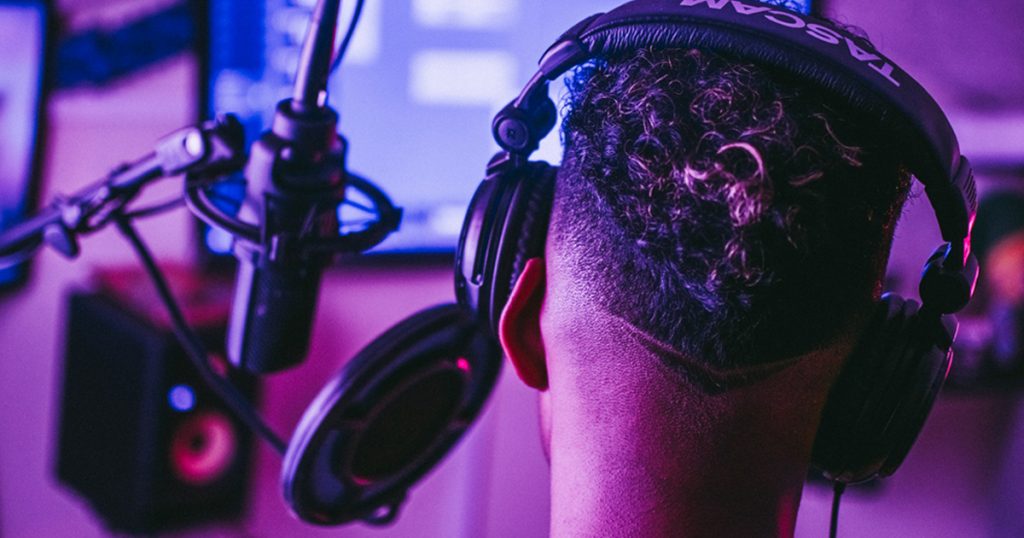
4. Develop Your Old Material
Everyone is sitting on some older material that didn’t quite “make the cut.” Perhaps it was an idea that came to a dead-end or it was more or less finished, but it doesn’t resonate with you. It’s time to revisit your older compositions with a fresh perspective!
There are so many things you can do on a DAW that can make a song feel completely different, including changing the instrumentation, adjusting the tempo, or even experimenting with different rhythms, keys, and tonalities.
Something I like to do is listen back with an open mind, and find elements of a song that I like, for example, a 4-bar melody or a drum pattern. Then I’ll create a brand new session, copy over just these elements, and play around with elements such as the tempo and key — then continue to develop what it is that I’ve brought in. Some of my favorite songs started out this way!
The truth is, it’s very difficult to start from a completely blank canvas. It can also be very intimidating. So why not start producing music from something that already exists in some capacity?
5. Conjure Up Positive and Negative Emotions
We all identify with music in an emotional way. Music can make listeners feel upbeat, happy, hopeful, positive, or even sad. Of course, most songwriters channel their emotions and feelings into their art to create passion-soaked bodies of work.
If you want to find musical inspiration, then think about some of your positive or negative relationships, memories, and experiences. Transport yourself to a particular time or place and use your music as a canvas to convey your thoughts and feelings. Or you can even invent a story and connect your music to it.
I once read a description of music as “how we decorate time” and this really stuck with me. Art is all about storytelling and if you want to take your listeners on a journey then the best way to do that is to captivate them through emotion. So try to translate your thoughts and feelings as best as you can!
Final Thoughts
However you choose to find your musical inspiration, remember not to put too much pressure on yourself while searching for the right idea. It can often take some time for an idea to emerge. Sometimes an idea comes like a flash of lightning, but other times it can be much more long-winded.
So don’t be frustrated if you find yourself stuck in a creative rut. It happens to everyone from time to time. Hopefully, some of the techniques suggested in this article will allow you to feel more creatively inspired and will help you to create art with a rejuvenated, fresh perspective.
Don’t stop here!
Continue learning with hundreds of lessons on songwriting, mixing, recording and production, composing, beat making, and more on Soundfly, with in-depth artist-led courses by Kimbra, Com Truise, Jlin, Ryan Lott, and the acclaimed Kiefer: Keys. Chords, & Beats.
—
Gideon Waxman is a London based drummer and music educator, who holds a Bachelor of Music degree from the University of Westminster. You can find more of his advice over at Drum Helper — one of the web’s most popular free online drumming resources.
